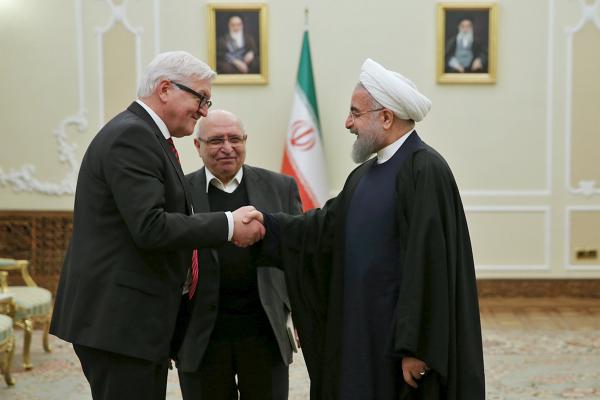The Secretary General of the United Nations Ban Ki-moon was not the first to call for a settlement between Saudi Arabia and Iran to resolve their differences in order to provide stability in the Middle East and to extinguish the fires of conflict. These calls emerged after the nuclear agreement was signed by Iran and P5+1 spearheaded by the United States. This coincided with the whetting of the west’s appetite for contracts worth tens of billions or even hundreds of billions of dollars with Tehran who will obtain its frozen funds after international sanctions were lifted.
The settlement of disputes is beautiful diplomatic talk that no one can object to. Nevertheless, for there to be real prospects of a settlement that serves the interests of all involved, details must be worked out and playing with words diplomatically must be avoided. In addition to this, both sides must be treated equally. However, the facts on the ground do not reflect this.
Facts and recent history indicate that Riyadh has made every possible effort during the presidencies of a number of Iranian presidents including the current President Rouhani to normalise relations with Tehran on the basis that it is a geographical neighbour, an Islamic country and that Saudi Arabia will not benefit from engaging in a feud with it. There was a climax of attempts at rapprochement and the elimination of differences during the days of Khatami and Rafsanjani, and there was optimism when Rouhani became president.
However, these efforts always collided with the internal conflict in Iran between the conservative camps, the Revolutionary Guards, the religious establishments there and the reformists.
There has always been a problem with the complex power structure in Iran because it is a republic but the president elected from amongst the people does not have complete power. The Supreme Guide is the one who enjoys political and religious authority and is the real force that drives the state. Then there is the Assembly of Experts that determines who has the right to stand for elections and filters candidates for the political arena.
This composition controls Iran’s foreign policies and adventures and its scuffles with the Arab world whether that is in Lebanon, Syria, Iraq or Yemen via Tehran’s encouraging, funding and arming militias to occupy the place of states in decision making. Examples of this are Hezbollah in Lebanon or waging sectarian wars that broke up the social fabric of Arab peoples.
It is in the interests of the Arab side for these fires to be extinguished. These fires that have transformed half of Syria’s population into refugees and have allowed large areas of land in Iraq to fall into the hands of terrorists with sectarian ideologies and transformed Yemen into destroyed cities which Iranian backed militias are trying to control.
Evidence indicates that any real improvement in relations is linked to an internal change in Iran, but so far there hasn’t been any. According to The Economist magazine, Rouhani was not able to enjoy the nuclear agreement celebrations because the Assembly of Experts warned most reformists against running in the upcoming parliamentary elections and Washington imposed new sanctions due to Iran’s missile program.
Diplomatic talk is useless. The truth of the matter is that Saudi Arabia and the Arab alliance are in a defensive position and are extinguishing the fires in their countries whilst Iran is igniting these fires and using them as a bargaining chip with the west in the nuclear negotiations. A change in direction depends on the direction of the internal conflict in Iran and Arabs, despite their differences, want to deal with real countries and establishments and not the Revolutionary Guards or Basij forces.
